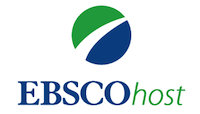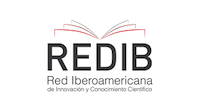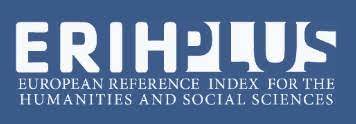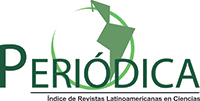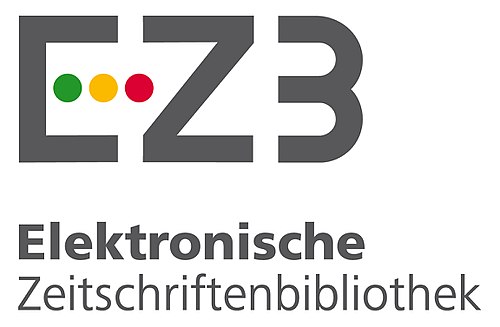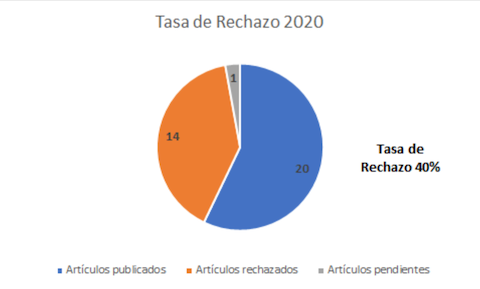The IFRS: A way of educating managers in the management of SMEs
DOI:
https://doi.org/10.18667/cienciaypoderaereo.491Keywords:
IFRS, Manager, Management, SMEs, StrategyAbstract
This article explores the impact of the International Financial Reporting Standards – IFRS on SMEs in Colombia and in the strategies that every company manager who leads a company must have for the correct accounting and financial management, with respect to the entry into force of the new international regulations. The research study was carried out under the qualitative model and the hermeneutical approach. The documentary and descriptive method was used. One of the results that was evidenced was the priority in the accountants in forjing the culture in the use of IFRS, an activity that must be extended towards the managers of any SME. In short, this is a joint effort between the National Government, Supervisors, Tax Reviewers and Accountants, among others, because it is imperative that the SME leadership at the head of this leader should look from now on to get involved more with the accounting area, since not doing it from the beginning, the company and him would be forced to make decitions with posible costs that could have been avoided.Downloads
References
Acopi (2014). Pymes en Colombia, Informe principales sectores/ clasificación Pymes. Recuperado de: http://acopi.org.co/pymes.2014
Bejarano, J(a). (1995). La competitividad en el sector agropecuario. Cuadernos de Desarrollo Agrícola. Vol. 1, no. 1, 46-56.
Bernal, C. E. (1995). Proyecto de Modernización de las PYMES. Gestión tecnológica. Bogotá: Servicio Nacional de Aprendizaje.
Castaño Ríos, Carlos; Zamarra Londoño, Julián; Correa García, Jaime (2014). Efectos financieros en una cooperativa colombiana por la implementación de estándares internacionales de información financiera para las PYME en su balance de apertura. Cuadernos de Contabilidad, 15 (38), pág. 427-458.
https://doi.org/10.11144/Javeriana.cc15-38.efcc
Clarke, A. (2000). Historia de la contabilidad en Colombia. 1923-1966: y Experiencias de un Contador Público. Bogotá, Colombia: Instituto Nacional de Contadores Públicos de Colombia.
Colombia (1993). Decreto reglamentario 2649 de 1993, por el cual se reglamenta la contabilidad en general y se expiden los principios o normas de contabilidad generalmente aceptados en Colombia. Diario Oficial, 41.156, 29. Obtenido de: http://www.alcaldiabogota.gov.co/sisjur/normas/Norma1.jsp?i=9863
Colombia (2012). Decreto reglamentario 2706 de 2012, por el cual se reglamenta la Ley 1314 de 2009 sobre el marco técnico normativo de información financiera para las microempresas. Diario Oficial, 48.657. Obtenido de: http://www.alcaldiabogota.gov.co/sisjur/normas/Norma1.jsp?i=51148
Consejo de Normas Internacionales de Contabilidad (2009). Norma Internacional de Información Financiera para Pequeñas y Medianas Entidades (Niif Para Las Pymes) 1, 11. ISBN for complete publication (three parts): 978-1-907026-34-8
Decreto 2784 de 2012. (2012, diciembre 29). Diario Oficial No. 48.658. Bogotá, Colombia: Imprenta Nacional.
Decreto 2649 de 1993. (1993, diciembre 23). Diario Oficial No.41.156. Bogotá, Colombia: Imprenta Nacional.
Decreto 2784 de 2012. (2012, diciembre 29). Diario Oficial No. 48.658. Bogotá, Colombia: Imprenta Nacional.
Decreto 3019 de 2013. (2013, diciembre 27). Diario Oficial No. 49.016. Bogotá, Colombia: Imprenta Nacional.
Decreto 3022 de 2013. (2013, diciembre 27). Diario Oficial No. 49.016. Bogotá, Colombia: Imprenta Nacional.
Decreto 3023 de 2013. (2013, diciembre 27). Diario Oficial No. 49.016. Bogotá, Colombia: Imprenta Nacional.
Decreto 3024 de 2013. (2013, diciembre 27). Diario Oficial No. 49.016. Bogotá, Colombia: Imprenta Nacional.
FCE-CIDb. (13 de 10 de 2015). Centro de Investigaciones para el Desarrollo. Obtenido de Universidad Nacional de Colombia: http://www.cid.unal.edu.co/cidnews/index.php/component/content/ article/79-historial/2570-niif-empresas-contaduria-finanzas.html
GESYCAL (2010). Qué es formación empresarial y para qué sirve. Recuperado de http://www.gesycal.com/que-es-formacion-empresarial-para-que-sirve/
Janica, F. & Piñeros, J. (2008). USGAAP vs, IFRS y COLGAAP Lo Básico. Ernst &Young Audit Ltda. Recuperado del sitio de internet http://www. globalcontable.com/archivosgenerales/seccione s/ifrs/comparativos/ey/colgaapbasico.pdf.
Jaques, E. (2002). Social power and the CEO: Leadership and trust in a sustainable free enterprise system. Westport, CT: Quorum. Cap. 13.
Hamel, G. (2008). El futuro de la Administración. Bogotá: Grupo editorial Norma.
Hill, W. y Jones, G.R. (2004). Administración estratégica, un enfoque integrado. Mexico. D.F: 6ª ed Macgraw- Hill.
Ley 1314 de 2009. (2009, julio 13). Diario Oficial No. 47.409. Bogotá, Colombia: Imprenta Nacional.
Mondragón, J. (2011). Innovación para la integración global de las PyMES. PyME la revista, Asociación de las Micro, Pequeñas y Medianas Empresas ACOPI, (25)
Ocampo & Astudillo Villegas (2014). Retos y alternativas gerenciales en la implementación de las NICNIIF en las pymes colombianas. Magazín Empresarial, 10(26), 11-19.
PYMES en Colombia. (13 de 10 de 2015). Obtenido de Microempresas colombianas pequeña y mediana ACOPI EXPOPYME PROEXPORT: http://www.businesscol.com/empresarial/pymes/
Roldan. D & Espinal, C. F. (2004) ¿son posibles los acuerdos de competitividad en el sector agro productivo? Colección de documentos IICA, serie competitividad No. 3. Bogotá.
Vélez, M. (2009). Desarrollo de un micromundo orientado a soportar la Administración de crecimiento en pequeñas y medianas Empresas. Universidad Nacional de Colombia.
Zapata, G., & Hernández, A. (2010). Sistema de incentivos y tipos básicos de trabajo en la organización bajo la perspectiva de la teoría de agencia. Pensamiento y gestión, N° 29, pág. 56-86.
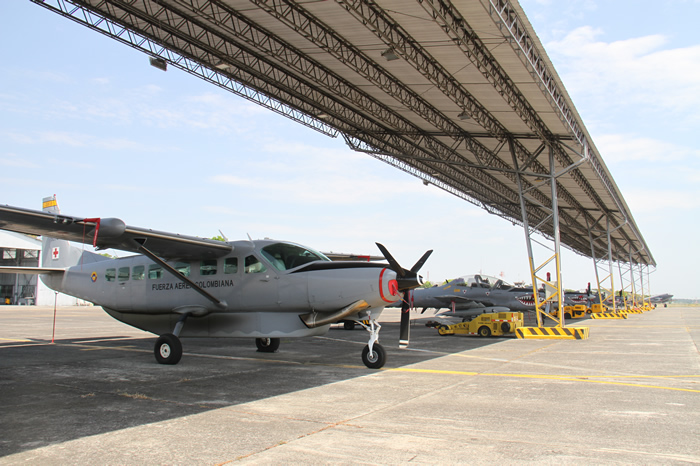
Downloads
Published
Issue
Section
License
Assignment of Copyrights
Authors assign Ciencia y Poder Aéreo journal the exclusive rights (reproduction, distribution, public communication, and transformation) to exploit and commercialize their work, in whole or in part, in all the formats and modalities of present or future exploitation, in all languages, throughout the life of the work and throughout the world.
All contents published in Ciencia y Poder Aéreo journal are licensed under a Creative Commons Attribution 4.0 International License, whose complete information is available at http://creativecommons.org/licenses/by/4.0/
Under the terms of this license, users are free to download, print, extract, archive, distribute and publicly communicate the content of articles, provided that proper credit is granted to authors and Ciencia y Poder Aéreo, scientific journal of the Graduate School of the Colombian Air Force. Except when otherwise indicated, this site and its contents are licensed under a Creative Commons Attribution 4.0 International License.
For other uses not considered under this license it is required to contact the Director or the Editor of the journal at the e-mail address cienciaypoderaereo1@gmail.com.
The Graduate School of the Colombian Air Force and this publication are not responsible for the concepts expressed in the articles, including the metadata or the affiliation stated by authors. This is the full responsibility of the authors.



